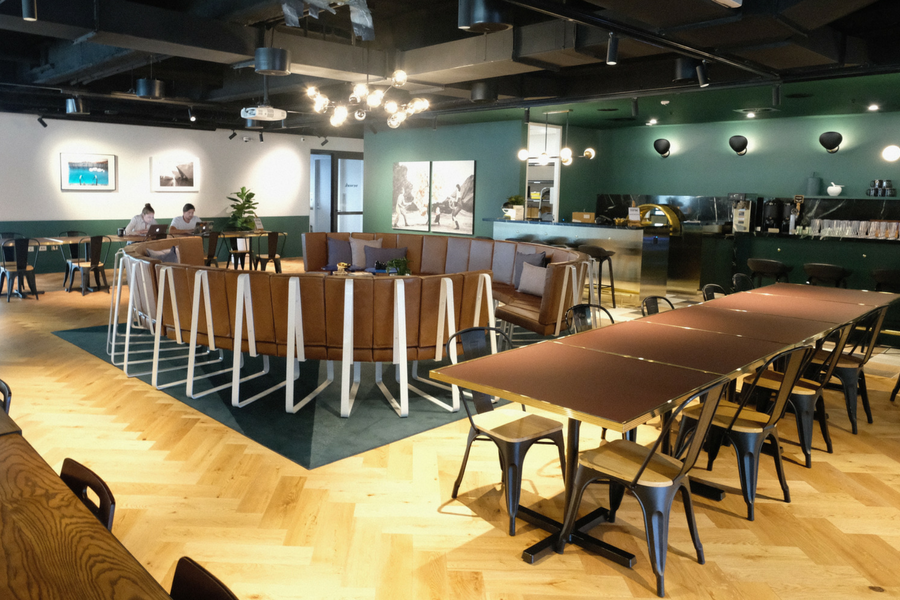The transformation of CBD offices into co-working spaces by the likes of WeWork and JustCo has lured solo entrepreneurs out of cafes, creating new demand, with room for plenty more in Australia, according to a senior real estate executive.
Kevin George, executive general manager of office, at ASX-listed real estate investment trust Dexus, said the roll out of co-working ventures has “definitely had a positive effect on office markets” in a blog post analysis for his company.
“WeWork and a growing band of co-working operators have also drawn micro businesses and individual entrepreneurs who once worked from cafes or from home into key CBD locations,” he said.
That’s prompted an increase in the demand for CBD and fringe-city office space and both large and small companies are prepared to pay a premium for the flexibility it offers, George said.
The Dexus exec believes that with just 2-3% of the local CBD office market currently comprising of flexible space providers, compared to 6.3% in London and 4% in the Asia-Pacific region, combined 20% of the market involving corporations and large companies, and local vacancy rates under 5% in Sydney (4.6% ) and Mebourne (3.7%), there’s plenty of room for growth in the sector.
“The future is likely to see more landlords and managers create additional flexible spaces for their customers in each of their assets,” he said.
But the major question facing the sector is who wears the risk in a downturn.
WeWork’s model and long-term viability came into question with analysts pointing to cyclical dangers in the company signing 15-years leases.
Kevin George said WeWork accounts for just 0.6% of Dexus’s portfolio income, yet “many of the new breed of operators never experiencing a fully-fledged economic slowdown” so how things play out is unknown, but he sees opportunity.
“Even if WeWork were to pull back, those users will need somewhere to work, and the tight leasing market would see that the space would not go unoccupied for long,” he said.
And while demand momentum has slowed from a peak in 2017-18, George points the fact to office vacancies in Sydney’s CBD are forecast to hit around 7%, which remains under the 8% long-term average, even as new space comes online over the next five years, as a positive sign for the sector.
“I am a big believer in the growth of flexible workspace, but the issues and teething problems of rapidly growing co-working companies should not be viewed as a proxy for the overall health of what is a strong and stable Australian office market and the returns that it generates,” he said.
Kevin George’s full analysis of the co-working space business in Australia is here.




















Trending
Daily startup news and insights, delivered to your inbox.